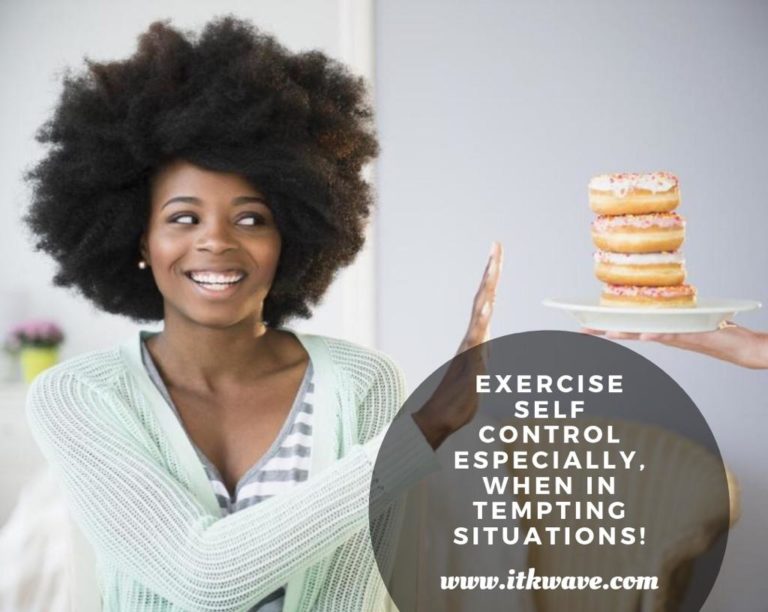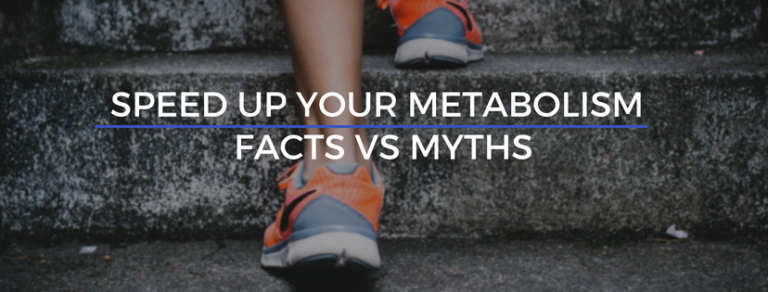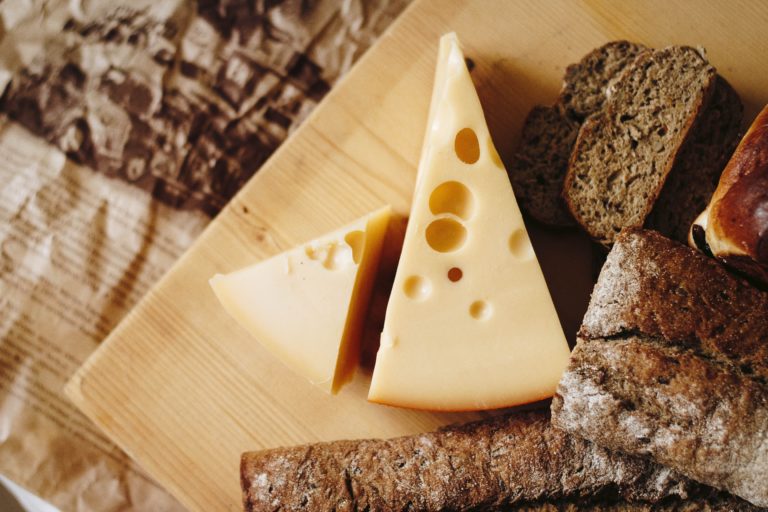MANAGING YOUR DIET AFTER THE DEATH OF A LOVED ONE
BY: FITZ-GEORGE RATTRAY
Life has certain immutable facts and, sadly, if you care about anyone, sooner or later they may become ill, you will lose them or they will lose you.

The illness or death of a loved one can shake your very foundation. You may be grieving the medical challenges and possible loss of a loved one or having lost a loved one. This may just be the start of a process of grief which will can last for six months, a year, and even longer.
Coping with illnesses, grief and loss is by far one of life’s greatest challenges, even with acknowledgment and acceptance of the pain your every waking hour can feel like you are in a cloud of grief and despair.
Moderate exercise and healthy eating is strongly recommended for coping with loss. However, at these times emotionally triggered eating disorders threaten to take over our lives. What we are eating, and what it will do to us is the last thing on your mind, and even when the idea of taking care of ourselves is presented to us, we entirely reject the concept, stepping closer and closer to illness and disorder ourselves.
Grieving often triggers emotional and physical problems, including:
- Lowered immunity
- Sadness
- Weight loss or gain
- Anger
- Sleeplessness
- Fear
- Fatigue
- Aches
We must recognize and remember that your loved one would never, under any circumstance, want you to ignore and jeopardize your wellbeing, they would in fact wish for nothing more than your maintaining your best possible health throughout, and although every part of your essence may be screaming otherwise it is possible for you to fulfil their wish.
In your effort to “carry on” it is supremely important that you embrace your physical and emotional wellbeing, be supporting of yourself.
It isn’t uncommon for people to become ill at times such as these. It is so universal and prevalent that the Germans even have a word for the unhealthy weight gain which can come with grief, kummerspeck (grief bacon / fat). Generally, insufficient nutrition and/or excessive empty foods and of course the intense stress can lead to additional unfortunate outcomes. Thankfully, there are known mechanisms which can help you cope on your long path to resolving your loss.
There are several steps which are known to help with the potential emotional and physical problems connected to grieving.
- Keep moving
- Even a simple walk will provide what you need to help your body process some of the harmful byproducts of stress. However imperceivably exercise will boost your mood.
- Be aware of your health
- Pay attention to what your body is telling you, don’t explain away “bad feelings”, this is not the time to make assumptions, it is better to see your physician than to be sorry. If you are taking medications, be conscious of your medication times or set alarms so you do not forget
- Reach out to your friends and
family
- Yes, you know, and they know, that at this time it can be awkward, even painful to see people, but the last thing you need is extended isolation, as soon as possible arrange communicate, be it face to face, phone, email or messaging.
Maintaining a healthy diet while grieving
This is highly important and reaches to the core of your ability to maintain throughout this time. We understand that it will not be easy by any measure, but for your sake and the sake of everyone in your life you must at the very least, maintain.
Stress is a trigger for damaging, sometimes lasting, eating disorders:
- Not eating
- Not maintaining awareness of what you are eating
- Embracing high fat, high sugar, high refined carbohydrate foods
The end effect of each of these choices WILL BE an increase of negative emotions and ill health.
To minimize the effects of the emotional and physical problems connected with grief and loss you must maintain a regular diet consisting of:
- Simple planned meals
- Moderate in protein intake
- High micronutrients (vegetables)
- Berries, seeds and nuts
- and other natural foods
- Little to no alcohol
- Controlled coffee intake
- A lot of water
Collectively, this balance will create what you need most, to keep and maintain your best wellness. If you are finding it difficult, it is always good to seek support from a friend or professional therapist/councilor, or your diet coach or system if you currently have one. If you have a friend or family member experiencing these challenges, be there for them when they need you and support the positive directions outlined here.
If you are dealing with grief from worry or loss, always remember, be kind to yourself, be your own best friend and your own loved one, do for you what you would do for someone else, and reach out, get the support needed to keep you throughout these trying times.
After Caroline’s father died, she decided to take care of her health and this is what she said to her ITK coach after 5 months and losing over 40 pounds:
“I think he’d be proud of my effort to get healthy. I think of him daily and hope he’s watching”
Caroline, ITK Member







